Throughout human history birds have played a central role in our culture, and many continue to do so today. Birds are everywhere. From the moment we wake up until long after the sun has set we can see and hear birds – they are the soundtrack to our lives. Unlike many other animals that conceal themselves and live in the shadows of our lives, for good reason – birds don’t! Their bright plumage and melodic songs are on display for us to see and hear everywhere we go!
But this is just one of the many reasons why we humans have been, and continue to be, so fascinated by birds. Another reason is that they can fly. We see them effortlessly take flight – either soaring and gliding high above us, darting through dense vegetation with precision accuracy, or migrating across continents. This ability to fly has enabled birds to exploit nearly every conceivable habitat on earth.
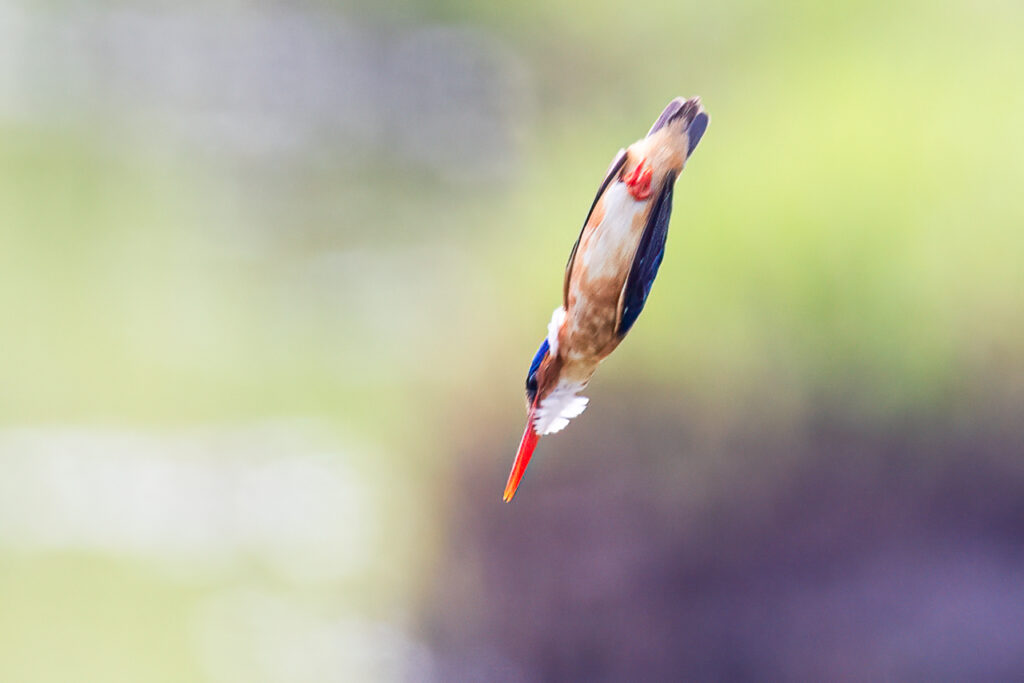
Studies have shown that being around birds and hearing birdsong can boost our mental wellbeing for up to eight hours, and is linked to lasting mental health benefits. By going out and watching and listening to birds we are able to connect with nature and this has been scientifically shown to make us feel better. On a personal note, 2023 has been somewhat of a tough year for my family and I, we are dealing with cancer diagnoses and long-term separations. But being able to go out into nature to watch and photograph birds has given me some space and the ability to ‘process and recharge’… and keep going. By focusing on the birds and my photography, all the other thoughts and fears swirling around in my mind fade for that short time. Perhaps the most useful role that birds play is the hardest to quantify: the way that they look and sound enriches our lives, even if we don’t realise it.
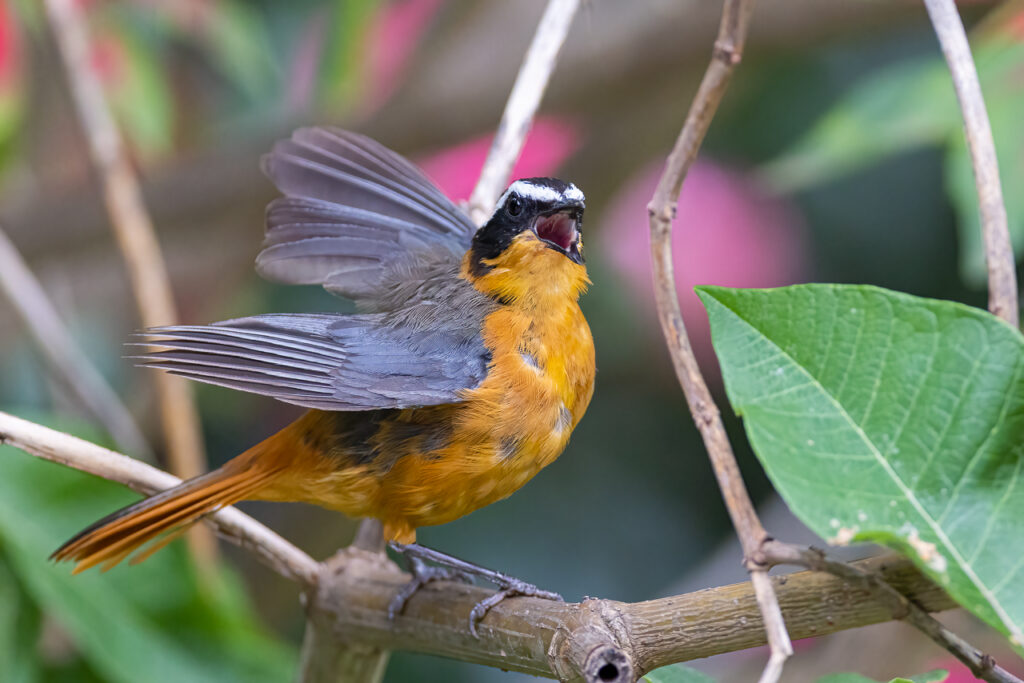
We need birds a lot more than they need us! Birds play an essential role in the functioning of the world’s ecosystems, in a way that directly impacts human health, the economy, and food production. Birds play a critical role as plant pollinators. Globally, over 2,000 bird species help pollinate the world’s plants and trees, some of which we humans use for food and medicine. The family of sunbirds found here in Rwanda and across the African continent are great examples of these pollinators.
Birds are also important agents of seed dispersal. Birds are well known for eating fruits, and fruits contain seeds. Once eaten, the digestion of the fruit takes time, allowing the birds to fly to somewhere distant from the parent plant. The seed-strewn droppings that follow enable new plants and trees to grow. The various turacos, canaries, finches and mannikins are just some of the awesome seed dispersers here in Rwanda.
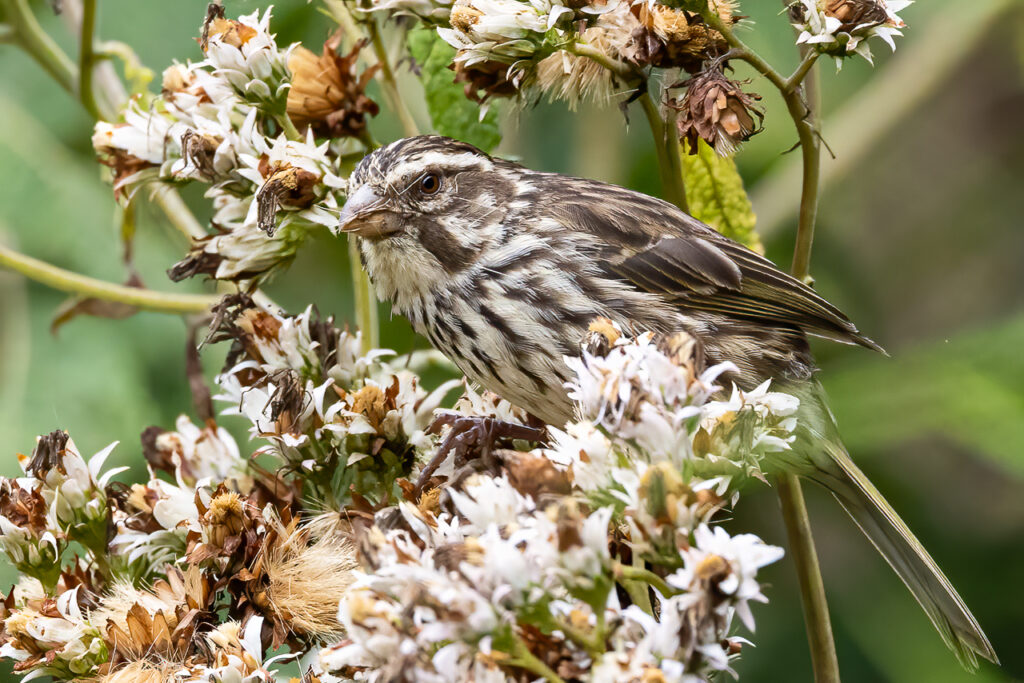
Some birds are known as scavengers, probably the best known of them are the vultures. Scavengers are often misunderstood and under-appreciated. They are the clean-up crews of the bird world. Scavengers are often seen soaring high on the thermals above. But it’s the speed of their arrival and their thoroughness that makes them so valuable. By feeding on the carcasses of dead animals these scavengers prevent the spread of disease – what takes the clean-up crew hours to remove would take days or weeks to decompose on its own. Vultures have strong stomach acid which neutralises pathogens enabling them to digest decaying flesh. Poisoning and habitat destruction has led to nearly all vulture species being listed as Critically Endangered by the International Unit for Conservation of Nature (IUCN).
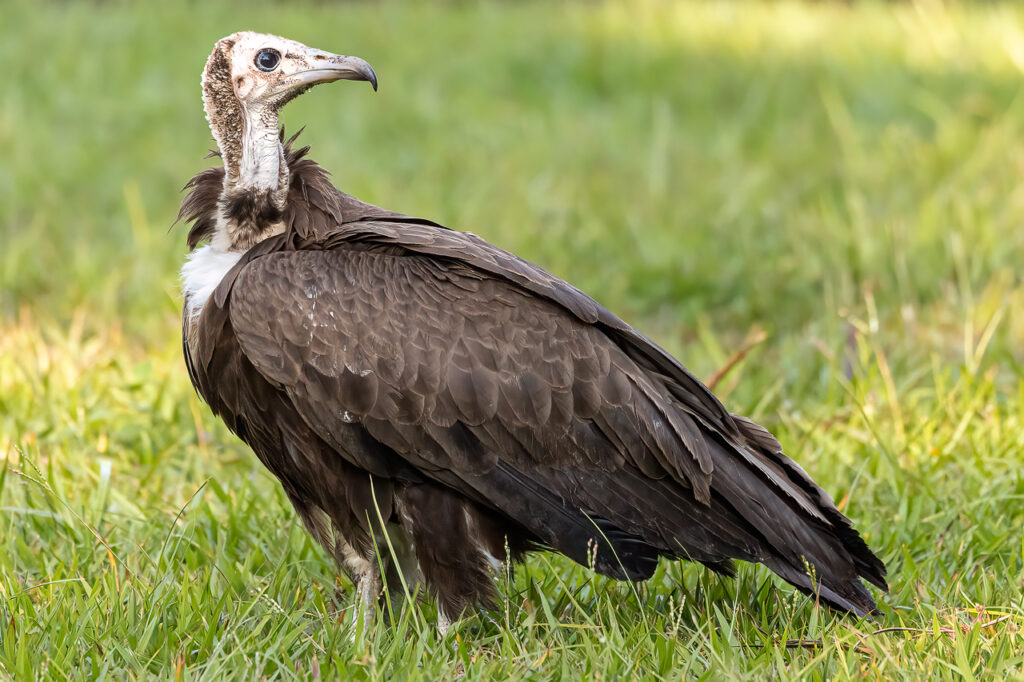
The diet of many birds consists of insects and even those which prefer fruit and seeds will often supplement the diet of their nestlings with insects for added nutritional value. By doing so, birds keep natural eco-systems in balance and control pest populations. A recent study has shown that globally birds eat 400-500 million tons of insects each year. The various warblers and apalis’ and many other species in Rwanda all help with this task. The birds that feed on flying insects also help to control the spread of diseases. Thisincludes but is not limited to malaria, sleeping sickness, dengue, and the zika virus. The flycatchers, swallows, swifts, and bee-eaters are great examples of families of birds found here in Rwanda that carry out a disease prevention function. Owls and other raptors also help control rodent populations.
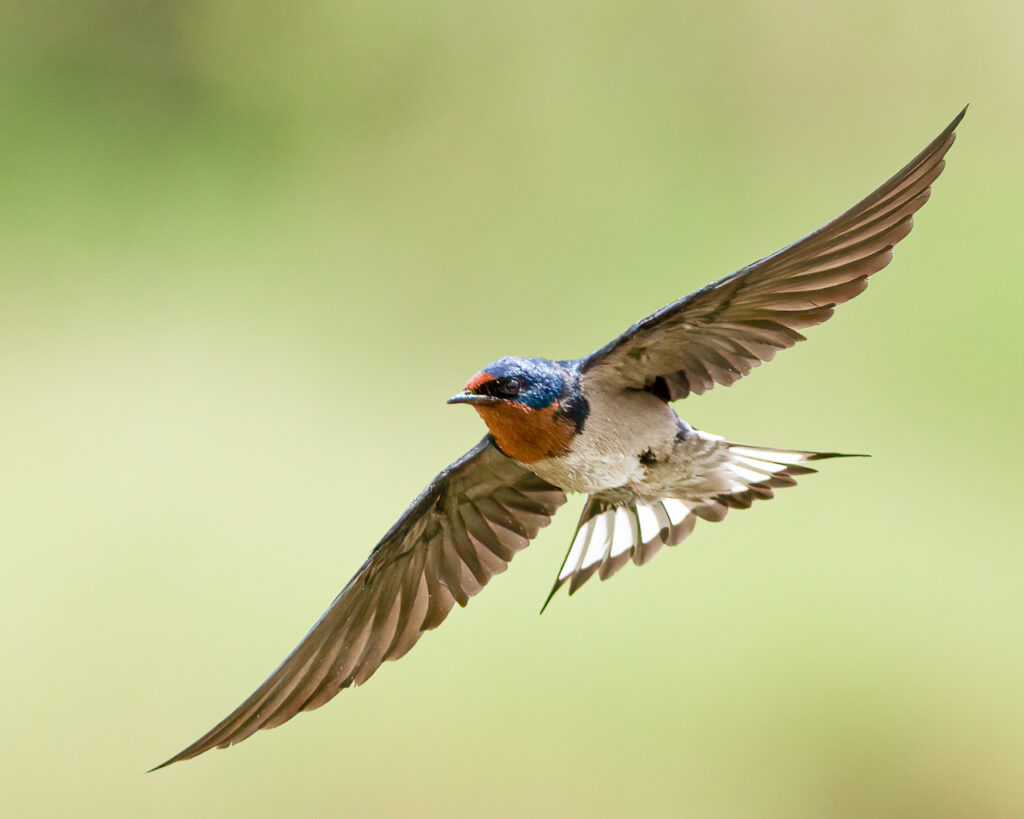
The presence, decline, or absence of birds is a stark indicator of the health of an environment – a city, a country, a continent, the planet. Like us, birds require food, water, and a safe place to raise their young. Without access to these basic requirements, birds will leave the area where they are living and look elsewhere for a suitable territory. Unlike other animals, birds are easy to monitor and so they make excellent indicators.
The continuing decline of the global bird population should raise a huge red flag that we are doing something very badly wrong with the planet. Especially when the cause of that something and those that ultimately suffer is us, the humans. Our use of chemical pesticides, our destruction of habitats, and the increased pace of our changing climate are all responsible for the decline of the birds on which we depend. Our health is intrinsically linked to the health of the planet and the health of birds and other animals – One Health – and so we must take care of the environment and the birds just as they take care of us.
https://www.birdlife.org/news/2019/01/04/why-we-need-birds-far-more-than-they-need-us/

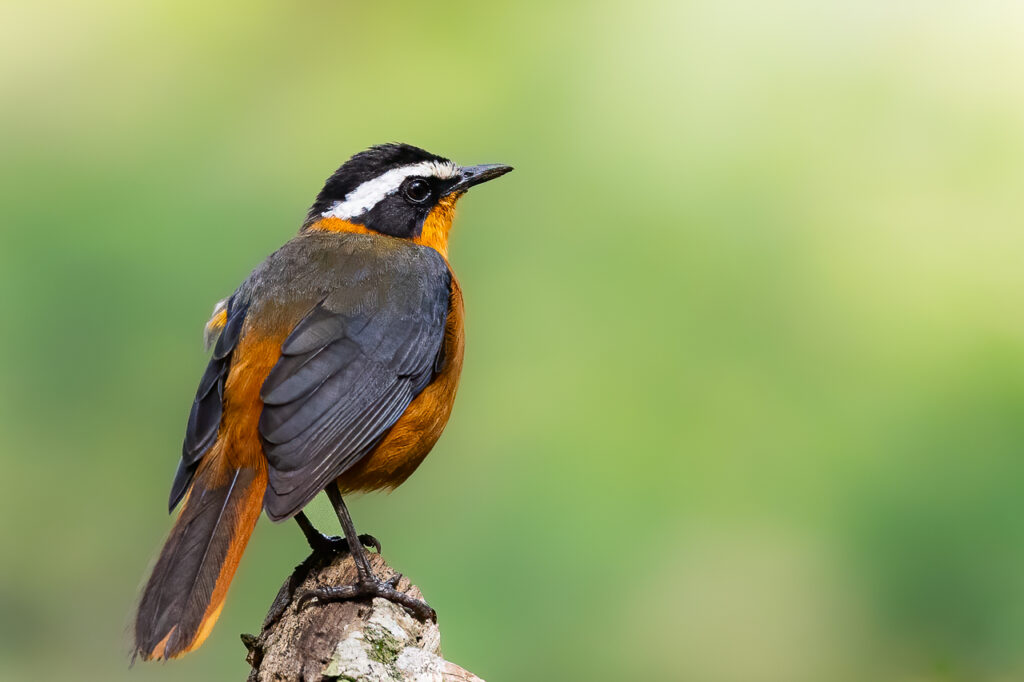
Brilliant! All is said.
I hope a lot of prople will read it and realize how important birds are for Humanity survival
Thank you Nikky!
Brilliant thx for sharing bird lover from uganda
You’re welcome, glad you enjoyed it.
Glad you liked it, you’re welcome!
A very superb work of art and an excellently and professionally written article Will! The photos are stunning!
As you have mentioned, birds do contribute many environmental benefits, including pollination, insect and rodent control and seed dispersal. They are also good indicators of environmental health because they are highly visible and relatively easy to study. Observing birds can give us a picture of what is going on in our slowly dying world. In short, birds are vital for our ecosystem.
the African thrushes around 3:30, the robin chats around 4:30 — who needs an alarm clock with nature all around!
Exactly, nature is awesome!
Great work
Thank you!
A clear and concise article as always, exactly to the point about birds being indicators of the state of biodiversity. “Like us, birds require food, water, and a safe place to raise their young. Without access to these basic requirements, birds will leave the area where they are living and look elsewhere for a suitable territory.” Sadly, it is even worse, birds often find it difficult to move, they know their natal area, but they don’t know where “elsewhere” is. They simply die out. We have a huge task to protect the natural environment whilst accommodating the human population, but we must try.
Thank you Hilary, I completely agree with the points you raise, even if the birds know where “elsewhere” is, it is often occupied with other birds too. We must try.
Hi, I am glad you found the article informative and thank you for you feedback.
Best, Will